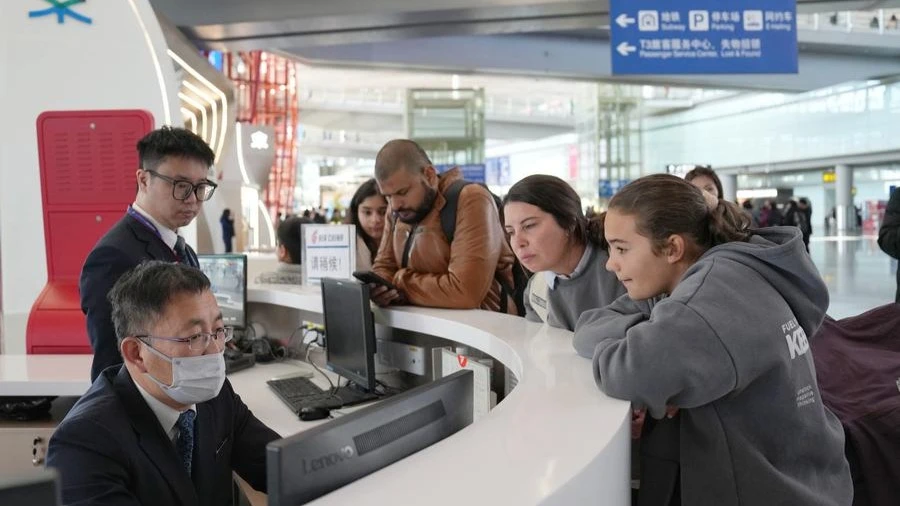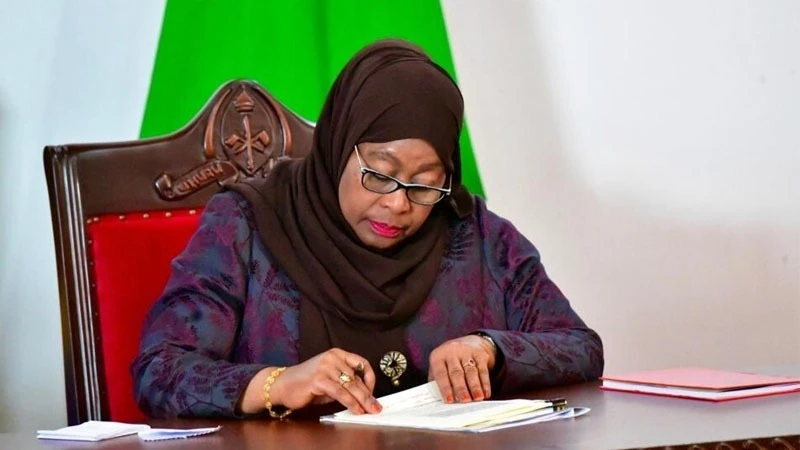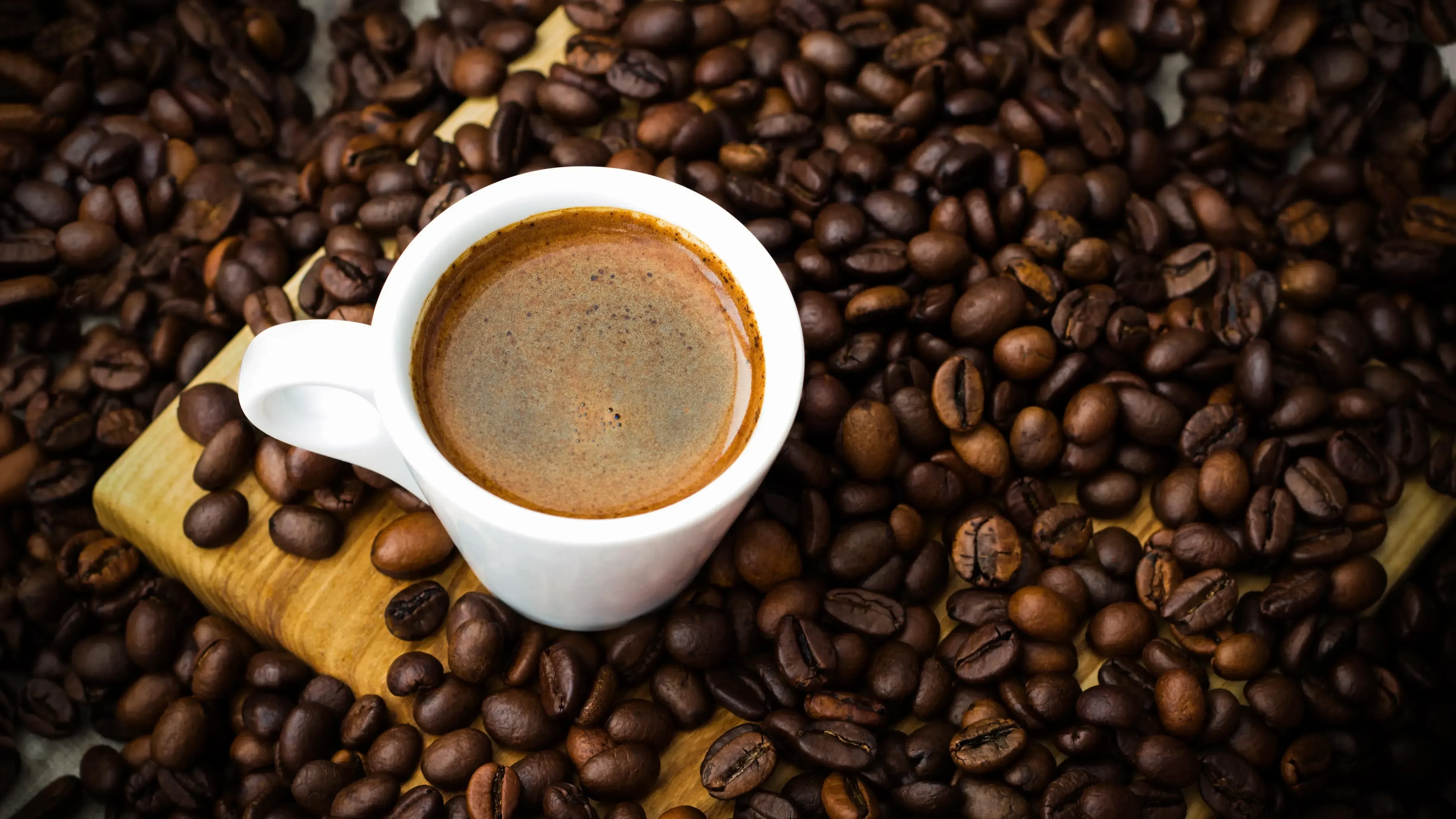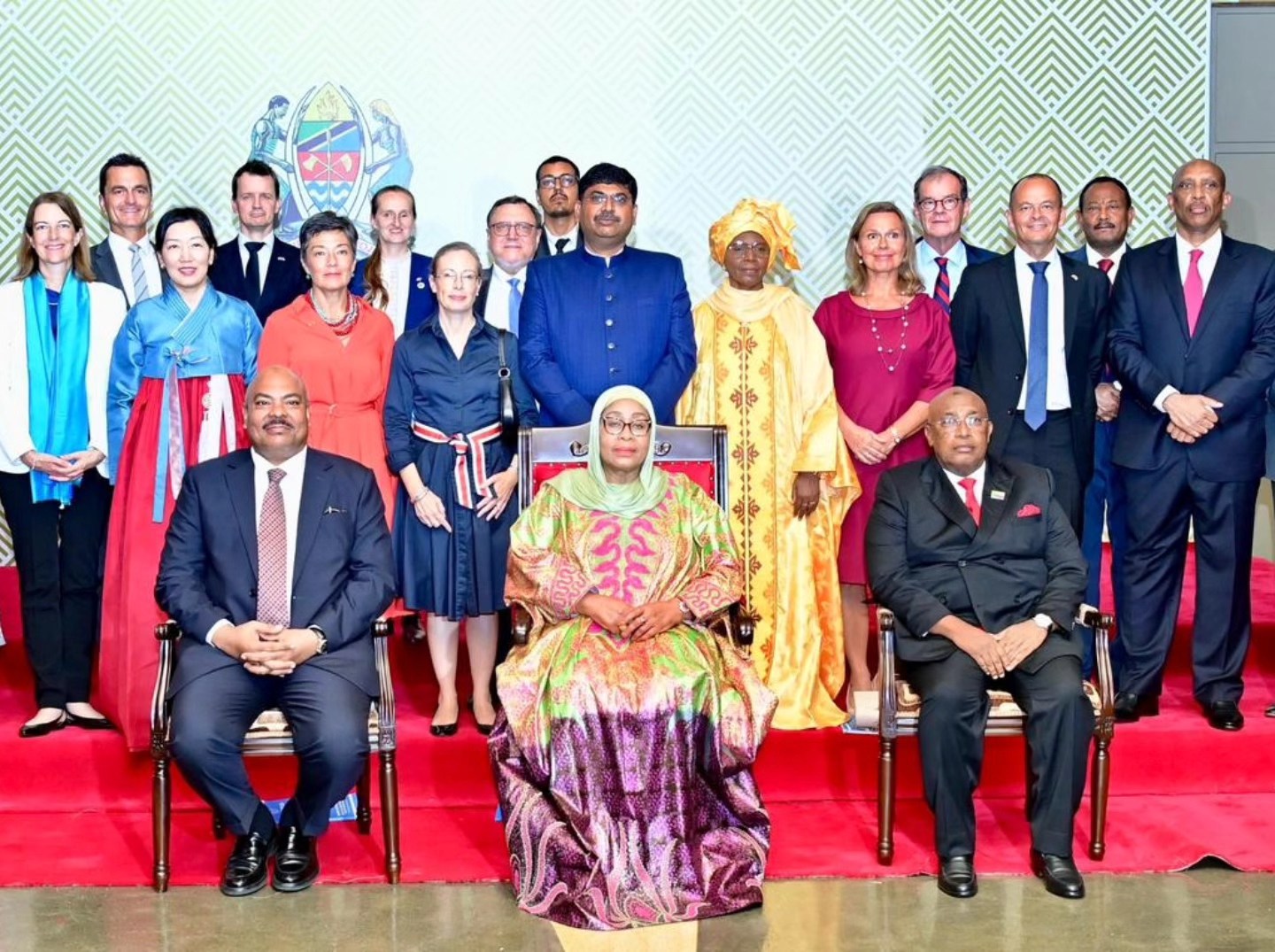Disease-free plant material provides African banana growers’ peace of mind
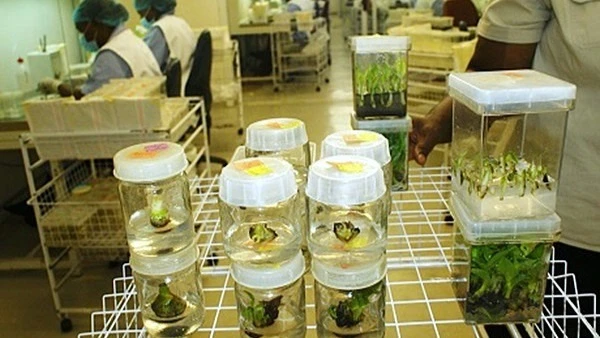
FOR most banana growers in sub-Saharan Africa, the source of their new plants is Du Roi Laboratory, a tissue culture laboratory that guarantees virus-free banana and sugarcane plants.
To obtain an export-ready banana plant takes six to ten months, depending on the stage at which the plant is taken and includes the five or six months of cell division by scalpel every four weeks, explains Suné Wiltshire, the facility's general manager.
This delicate work is done by a team of 56 laminar flow operators, all women, some of whom have over thirty years' experience, with a total of 150 Du Roi Lab employees.
The laboratory has the capacity to produce eight million plants annually and the waiting list is not long. The orders coming in from all over Africa and the Middle East (with the exception of countries like Egypt and Algeria where locally-grown plants must be used) as well as from the French West Indies, South and Central America are quickly dispatched to OR Tambo Airport. Wiltshire notes that it takes constant reinforcement to remind the logistics chain that this cargo should not be cooled but kept at room temperature.
Ninety-nine percent of South African and Mozambican banana production is built on plants obtained from Du Roi Laboratory in Letsitele, where the laboratory is surrounded by citrus orchards.
"Our main buyers are farmers and the nurseries supplying farmers," Wiltshire says. "We do supply agricultural cooperatives as well, but to a lesser extent."
Delicate work: division by scalpel every four weeks for the first five or six months of every plantlet's life
She remarks that bananas play a crucial role in food security in Africa. "Bananas are a staple food for millions of people, particularly in East and Central Africa due to their nutritional benefits, economic value and year-round availability. They serve as both a staple food and a key income source, contributing to the overall resilience of food systems in the region."
West Africa is a big market to which Du Roi Lab sends around 750,000 plants per year, primarily to Cameroon, Ivory Coast and Senegal. Recent civil strife in Cameroon, which had affected the farmers who'd been procuring Du Roi-bred plants since 2014, has abated and sales of banana plants have been returning to normal over the past year.
In a populous country like Nigeria, backyard-grown bananas still make up most of the available product.
Growers seldom request plantains, she notes, although they are planted and consumed all across Africa and the world.
“We only propagate plants which have the A-Gnome genes. Plantains have a B-Gnome and as such it poses a risk to introduce disease into the lab. We guarantee disease-free plants to our customers, and we virus index every plant by an accredited third-party laboratory to certify that the plants are disease-free. With plants with the B-Gnome, tests can come back negative, but the tissue culture process can induce banana streak virus (BSV) which could be dormant in the plant tissue. We therefore decided not to take the risk and rather exclude plantains from our products.”
Not much goes to Namibia, while farmers in its northern neighbour Angola would buy many more banana plants than they do currently if they could, Wiltshire remarks, but as South African apple exporters also know: there's a scarcity of American Dollars in which most intra-African trade is conducted.
“Many people would like to buy banana plants, and could pay for it, but they're struggling to get the funds through. It helps them to set up a business entity in South Africa to manage capital flow," she says.
Two years ago, Du Roi Lab entered into a partnership with Galiltec in Honduras to establish a foundation block of Formosana, a variety highly tolerant to Panama disease (FOC TR4), bred in Taiwan (hence the name).
"Several South African and Mozambican banana growers at this stage are planting Formosana to evaluate its commercial viability and characteristics, as we do not currently have FOC TR4 present in South Africa. Growers who are challenged with soils where Fusarium wilt is present are planting Formosana to trial its resistance to this strain. Preliminary results are showing great potential.”
Top Headlines
© 2025 IPPMEDIA.COM. ALL RIGHTS RESERVED











